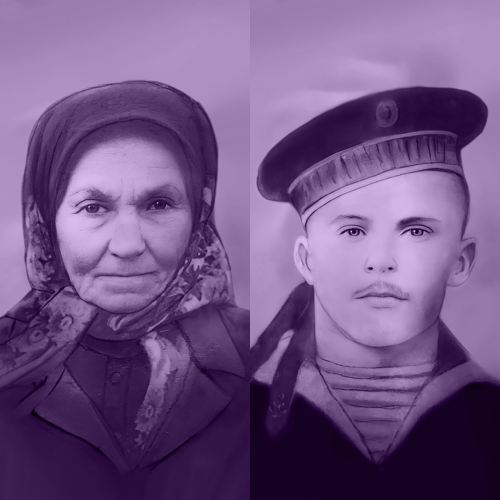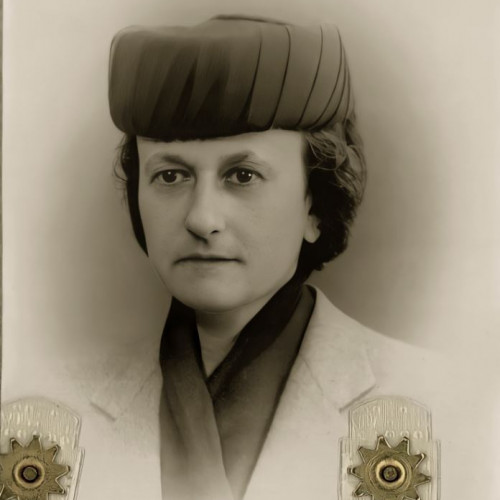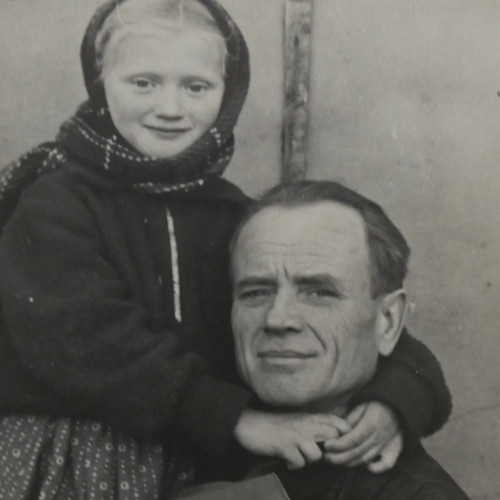Konstanty Rokicki (1899—1958) - Instytut Pileckiego
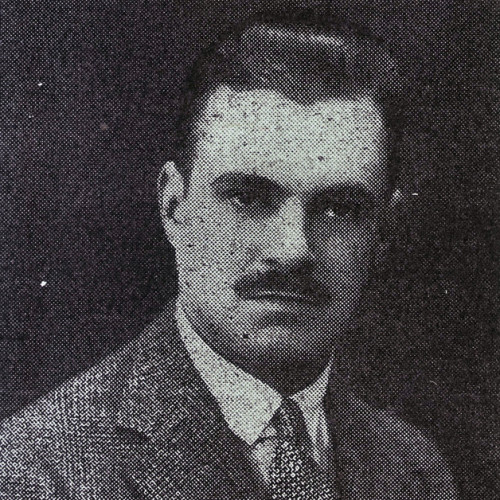
Rokicki was responsible for one of the Ładoś Group’s most important tasks. In the years 1941—1944 he alone hand-wrote several thousand Paraguayan passports.
Konstanty Rokicki played an active role in the fight for independence as a participant in the Polish-Soviet war. His diplomatic career started at the beginning of the 1930s in the consulates in Minsk, Riga and Cairo, which led to him becoming vice-consul in Bern, a position he held from 1939 until the end of the Second World War.
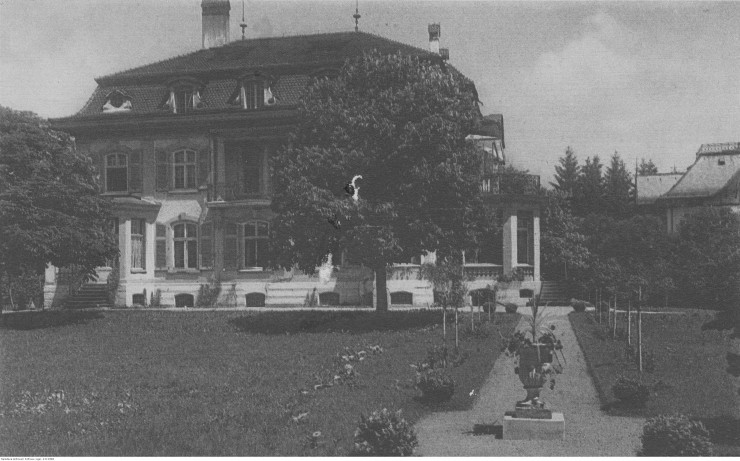
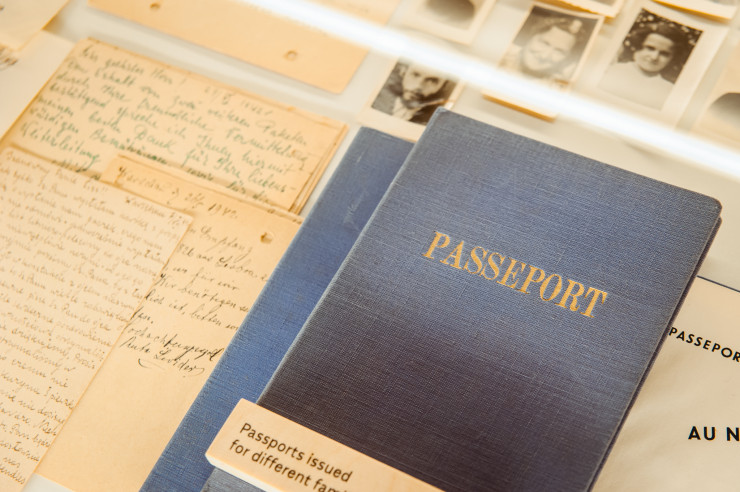
recognized. His burial place was found in 2018 and a second, official funeral
was held in Lucerne in the presence of Polish president Andrzej Duda.
In April 2019, the Israeli institute Yad Vashem named him Righteous Among
the Nations as the only member of the Ładoś Group.
THE ŁADOŚ GROUP
The Ładoś Group, also called the Bernese Group, comprised Polish diplomats, employees of the Polish embassy in Bern, and representatives of Jewish organizations cooperating with them. The group was led by the Polish embassy’s chargé d’affaires Aleksander Ładoś. In addition to him, three other Polish diplomats at the embassy were also members of the group: Stefan Ryniewicz, Konstanty Rokicki and Juliusz Kühl, as well as two activists from Jewish organizations in Switzerland: Abraham Silberschein and Chaim Eiss.
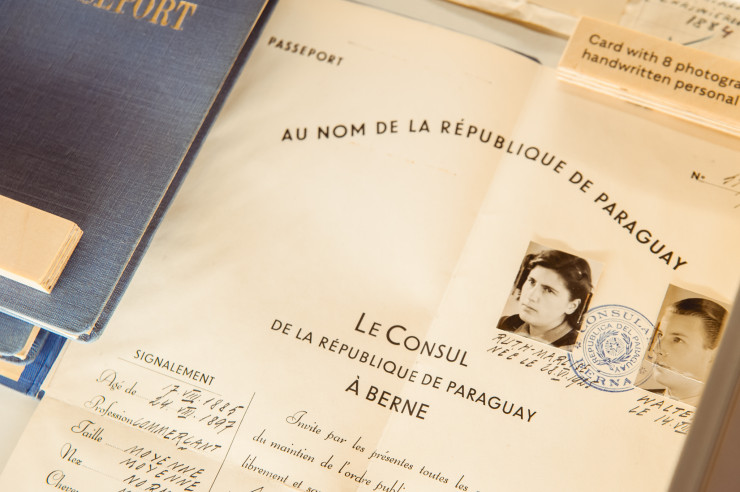
During the Second World War, the group illegally issued Latin American (mainly Paraguayan) passports. The operation was initially intended for Jews in the ghettos of occupied Poland, but over time the passports were sent to other countries such as the Netherlands. Issuing these passports to Jews greatly increased their chances of survival — the documents meant their bearers might be sent for internment instead of extermination. It is estimated that the group issued passports for up to 10,000 people.
fot. public domain
See also
- Sawa Kowtoniuk (1888–ok. 1970) Ustyna Kowtoniuk (1895–ok. 1980)

awarded
Sawa Kowtoniuk (1888–ok. 1970) Ustyna Kowtoniuk (1895–ok. 1980)
The Kovtoniuks gave shelter to several families: the Sławińskis, Romanowskis, Maciaszeks, and the Okólskis.
- Edith Weiss

awarded
Edith Weiss
(1899–1967)Edith Weiss came from the family of Hungarian industrialists of Jewish origin. Her father, Manfred Weiss, received the title of baron from Emperor Franz Joseph in recognition for providing supplies to the Austro-Hungarian Army.
- Anatolij Giergiel (1904—1981)

awarded
Anatolij Giergiel (1904—1981)
In the summer of 1943 in Volhynia, having learned about a planned attack by Ukrainian nationalists on Poles, Anatolyi Giergiel warned his friend.
